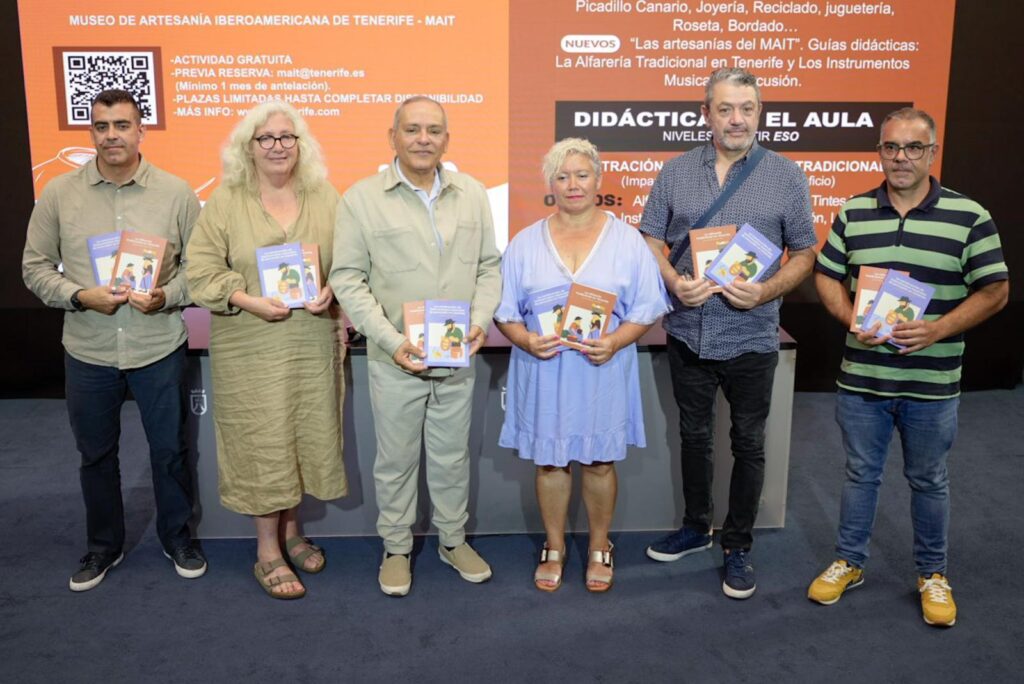Canary Islands has five specialised support centres for victims of sexual violence. This is an integral, free, and confidential service available to victims and their families 24 hours a day, 7 days a week, 365 days a year. In less than three months of operation, the support centres have assisted over 140 victims and 30 family members and close associates, and have been activated 44 times by Cecoes 1-1-2.
In 2024, more than 1,270 women in the Islands reported crimes against sexual freedom (which include sexual assaults, exhibitionism, harassment, corruption of minors, sexual exploitation, or pornography), marking a 16% increase compared to 2023. Unfortunately, it is estimated that only 11% of assaults reach the courts, although the number of these previously hidden crimes is rising due to increased social awareness of sexual assault.
On 6th May, a 24-hour crisis centre was inaugurated in Tenerife, the first in the Canary Islands, followed by resources in Fuerteventura, Lanzarote, Gran Canaria, and La Palma.
Victims find a safe space, free of judgment, where they can receive immediate support and professional, specialised accompaniment for emergency situations and recovery.
The service provides immediate attention and follow-up through specialised psychological support, focused on your emotional well-being and recovery, along with social support to assist in decision-making and facilitate your recovery process. Legal advice is also available if you wish to receive guidance on legal matters or to file a complaint. The centres are designed to address the consequences of sexual violence, providing a trusted environment in which your wishes will be respected.

The service supports women aged 16 and over, adolescents from 13 years old, as well as family members and close associates who need guidance or support.
Victims have various access points: ongoing violence or recently occurred incidents via 1-1-2, where the professionals are activated at the same time as the state security forces and go to the hospital where the victim is taken, beginning their support. Access is also available through 012, 016, by visiting, via phone or online, or referred from other specialised services or healthcare institutions, law enforcement, etc.
The professionals not only work with ongoing or recently occurred violence but also with past sexual violence that occurred months ago or in childhood or adolescence. All forms of violence are addressed, whether it occurs in person or online, such as sextortion, grooming, and dissemination of non-consensual images, etc.
The social worker is the first person to see the victim and assesses the situation. She then refers the victim to the legal team if a complaint has already been filed, managing the entire legal process, or if not, informing her of all her rights and accompanying her throughout the process. In the psychological area, efforts are made to reduce or eliminate the aftereffects of the violence experienced.
It is not necessary for the victim to file a complaint in order to receive assistance from this service, and we will offer support to all resources that the victim needs. They will not be encouraged to file a complaint; each victim has their own timeline that must be respected. When she decides it is appropriate, she can file it and will be supported throughout.
One of the most important moments is the support provided in the medical facility where the victim is treated, during sample collection and injury reports, and afterwards returning her to her home or holiday accommodation. At this moment, the victim is in shock and experiencing post-traumatic stress; she may not understand what has happened, often feeling guilty and thinking, “No one will believe me, I asked for it, I drank too much, or I instigated it,” or fearing that her family will judge or blame her. There is no specific profile for an assaulted woman, and the victim should not be questioned; responsibility lies with the assailant. It is essential to respect a woman’s choice if she does not wish to engage without involving sexual violence.
















